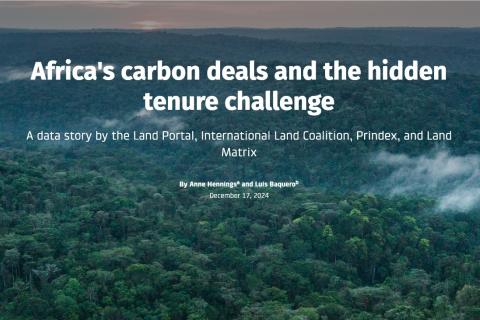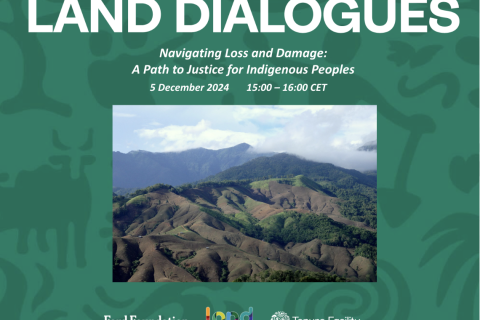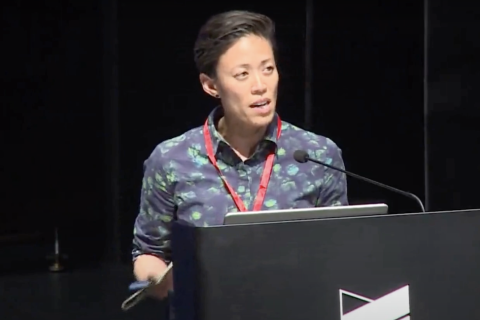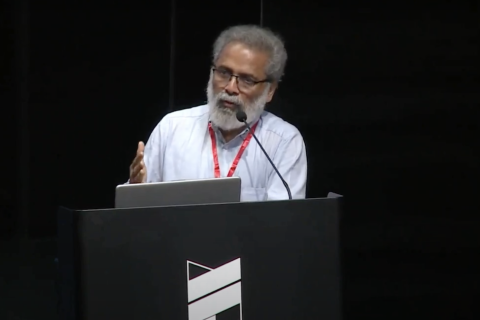Recognizing Indigenous lands is important to achieving forest and biodiversity targets and mitigation goals. This is directly acknowledged in initiatives like the Global Biodiversity Framework’s 30x30 Target, Reducing Emissions from Deforestation and Forest Degradation in Developing Countries (REDD+) and Net Zero by 2050.
However, the actions necessary to achieve these targets can sometimes result in pressure and infringement on Indigenous and local land tenure systems that are already insecure due to lack of formal recognition and communities’ weak participation in decision-making related to climate initiatives. These pressures are experienced differently by women and men because of social, economic and political dynamics that influence land tenure and community governance systems. Failure to account for gender when implementing climate initiatives can risk eroding the traditional land entitlements of women and trigger additional negative impacts.












